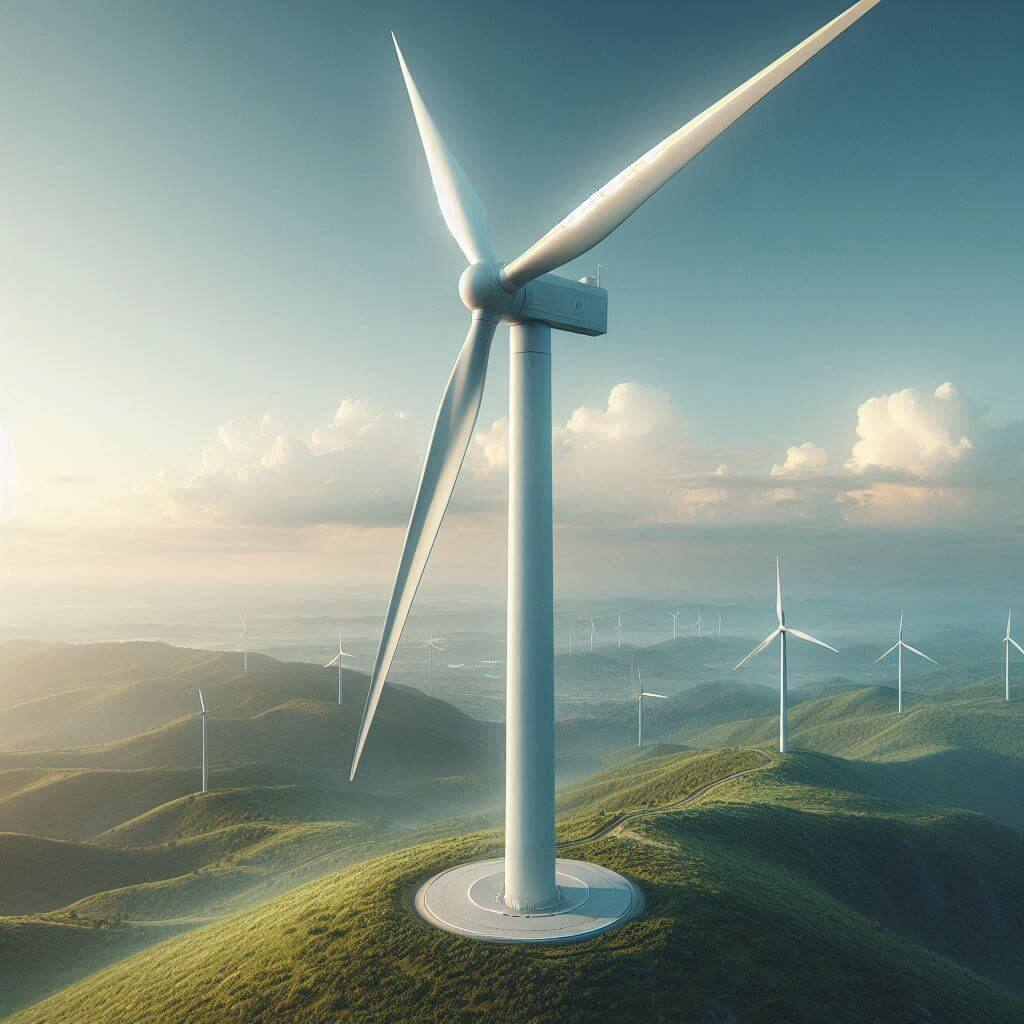TotalEnergies, a French energy and oil company, has unveiled a new floating wind turbine designed to provide renewable energy to an offshore oil and gas platform located in the North Sea.
The 3 MW floating turbine is expected to be fully operational by the end of 2025 and will be located 2 kilometers west of the Culzean platform, which lies 220 kilometers off the east coast of Scotland. The installation uses a modular lightweight semi-submersible hull developed by Ocergy, a technology firm from the United States. Ocergy received funding earlier this year from Octopus Energy’s manufacturing unit.
 According to TotalEnergies, the turbine will meet approximately 20% of the platform’s electricity needs, significantly reducing greenhouse gas emissions. This project has been selected as part of Crown Estate Scotland’s Innovative and Targeted Oil and Gas Leasing (INTOG) initiative to promote the use of offshore wind energy to power oil and gas platforms.
According to TotalEnergies, the turbine will meet approximately 20% of the platform’s electricity needs, significantly reducing greenhouse gas emissions. This project has been selected as part of Crown Estate Scotland’s Innovative and Targeted Oil and Gas Leasing (INTOG) initiative to promote the use of offshore wind energy to power oil and gas platforms.
Marie-Noelle Cemeria, Chief Technical Officer of TotalEnergies, said: “This advanced project aims to test the integration of renewable energy from floating wind with existing gas turbine power generation on an offshore platform. It also aims to qualify an innovative float design for future floating offshore wind installations.” TotalEnergies’ integrated energy approach combines renewable energy production with adaptive power generation capabilities. Through a partnership with SSE Renewables, Seagreen Wind Energy Ltd., they have created the Seagreen offshore wind farm, which is believed to be the largest offshore wind project in Scotland.
In late 2023, TotalEnergies invested in an underwater wave energy project in the North Sea off the coast of Orkney, Scotland. This investment gave them access to a wealth of data and test program results, as well as a feasibility study for the use of Renewables for Subsea Power (RSP) technology at the selected location.
Labor Views On Oil And Gas
Back in March, well before the general election, the Conservative government announced several new gas-fired power plants designed to support energy sources and prevent blackouts.
Labour’s subsequent election victory, emphasizing the energy transition, was widely welcomed. The party fulfilled its promises regarding the introduction of taxes on oil and gas companies. On July 29, Labor Chancellor Rachel Reeves announced changes to the Energy Profits Tax (EPL), including a 3% increase from 35% to 38%, raising the overall oil and gas tax rate to 78%. The changes also see the abolition of the 29% investment allowance from 1 November, while maintaining the 80% investment allowance for decarbonization.
However, Labor has been criticized for its reluctance to end all licensing of offshore oil and gas operations, a move it says is necessary to avoid massive job losses. In addition, the party plans to base its flagship Great British Energy Company, which is partly funded by excess profits tax, in Scotland, where many people depend on oil and the North Sea sector for their livelihoods.

